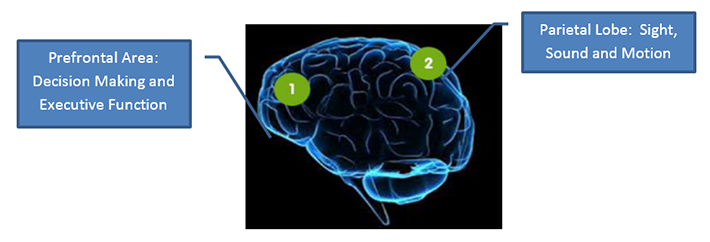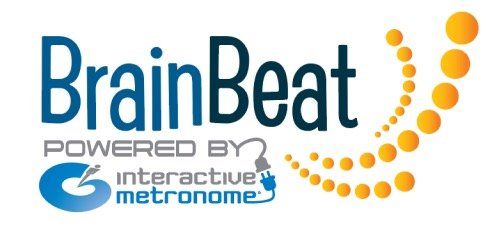IMPROVES...
HELPS THESE CONDITIONS...
BOOSTS PERFORMANCE IN...

Can you “keep a beat?” Some of us can do it more naturally than others. But we didn’t know until recently that it’s a very important skill that affects brain processing speed, working memory, focus and attention. Research is showing us that your ability to keep a beat actually measures something called “neurotiming,” which is an integral part of brain development, especially in elementary school-aged kids. And the best part is that neurotiming is a skill that can be learned, which means that kids aged 6-12 can improve their focus and attention over time, making them more effective learners and more successful adults.
Studies done on children using a training program designed to improve neurotiming have shown improvements in attention and concentration by as much as 30%, and improvements in math and reading scores by as much as 20%.
The idea of neurotiming may not seem intuitive, but think about it: we all learn our ABCs through song, because rhythm and timing are natural ways for our brains to process and retain information. We can often remember words to songs that we have not heard in years. That’s because rhythm and timing affects the brain in 2 key ways:

“Science has only begun to scratch the surface of neurotiming and how it can impact the brain, especially in elementary-aged kids” said Dr. Kevin McGrew, PhD and expert on educational psychology. “The more research we can do, the more applications we can begin to implement to help kids learn better and more efficiently.”
So how can you help your child improve neurotiming? Engaging in music classes and sports is a great start. But for parents who want a more structured approach, there’s a new training program available called BrainBeat. BrainBeat is an interactive educational tool for kids ages 6-12 that teaches the fundamentals of neurotiming, which leads to improved focus and concentration. BrainBeat trains the brain to focus by challenging your child to keep a consistent beat with millisecond accuracy. It works like a video game and kids earn points competing against their previous top scores. It is a fun, interactive way to help your child improve neurotiming. And the more your child uses it, the more focused he becomes. The more focused your child is, the more potential he has to excel at school and beyond.
To see BrainBeat in action click here.

